
By Sharachchandra Bhandary in Beijing
The fourth plenary session of the 20th Central Committee of the Communist Party of China (CPC), which concluded last Thursday here, has adopted the 15th Five-Year Plan period (2026-2030) as China works to reinforce the foundations and push ahead on all fronts toward achieving socialist modernization by 2035.
The 15th Five-Year Plan has laid much emphasis on upholding the Party's overall leadership; putting the people first; pursuing high-quality development; comprehensively deepening reform; promoting interplay between an efficient market and a well-functioning government; and ensuring both development and security.
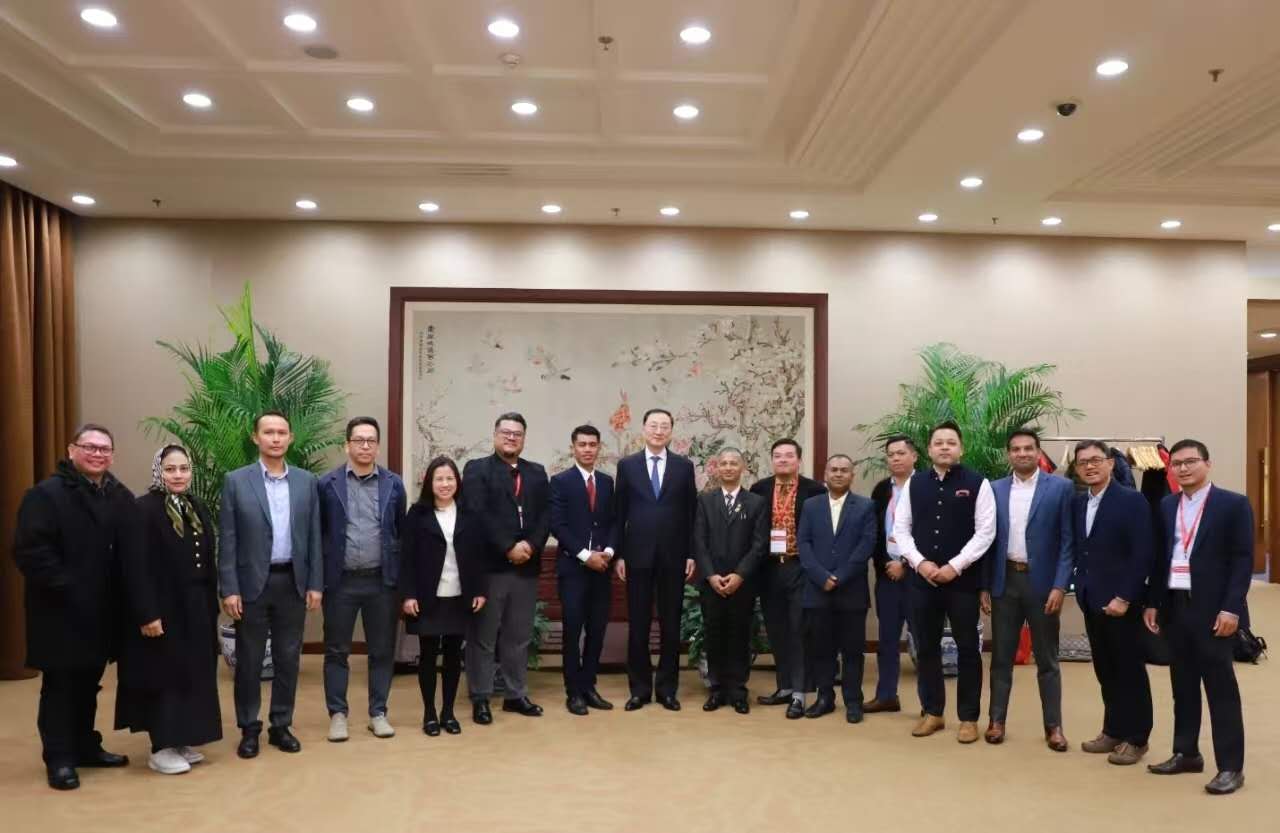
As per the communique of the Fourth Plenary Session of the 20th Central Committee of the CPC, China would promote high-standard opening up and create new horizons for mutually beneficial cooperation, continue to expand opening up at the institutional level, safeguard the multilateral trading system, and promote broader international economic flows. It would advance reform and development through greater openness and seek to share opportunities and achieve common development with the rest of the world. It would also take the initiative to open China wider, promote the innovative development of trade, create greater space for two-way investment cooperation, and pursue high-quality Belt and Road cooperation.
Modernizing the national security system and capacity and advancing the Peaceful China Initiative to a higher level, remaining steadfast in pursuing a holistic approach to national security and following a socialist path of social governance with Chinese characteristics, establishing a sound national security system, building up national security capacity in key sectors, are other salient features of the five-year plan of action. The communique further stated, “We should work for long-term prosperity and stability in Hong Kong and Macao, promote the peaceful development of relations across the Taiwan Strait and advance the cause of national reunification, and secure further progress in building a community with a shared future for humanity.”
Professor Wang Yong at the School of International Studies, Peking University, terms the communique more than a policy document. “It has charted the course guiding the country in transforming its strengths into concrete achievements. The next five years will mark a decisive stage in our modernization process, heralding a brighter future,” he asserted.
Meanwhile, responding to a query about Nepal’s latest political developments, Foreign Ministry spokesperson Guo Jiakun said China and Nepal share a time-honored friendship, and China, as always, respects the development path chosen independently by the people of Nepal.
China stands ready to work with Nepal to promote the Five Principles of Peaceful Coexistence, enhance exchanges and cooperation in various fields, and further advance bilateral relations, he said, describing Nepal as a ‘close and trusted friend’.
“We remain firmly committed to Nepal’s peace, progress, and prosperity and attach top priority to furthering our bond of affinity,” he articulated, elaborating the policy of win-win cooperation, a core concept of the Chinese Foreign policy, while recognizing diverse paths of development across host countries, it prioritizes mutually beneficial cooperation on the basis of shared interests.
“China will work with all countries to promote friendship and cooperation, enhance mutual learning among different cultures, and build a community with a shared future for mankind. We must jointly create a better future for the world,” quoting President Xi Jinping spokesperson Guo concluded.
According to spokesperson Guo, China continues to uphold an open and inclusive foreign policy that emphasizes win-win cooperation, seizing the trends of the times, courageously shouldering international responsibilities, and actively advocating for and practicing multilateralism.

Bhandary is the Executive Editor at the National News Agency (RSS) of Nepal





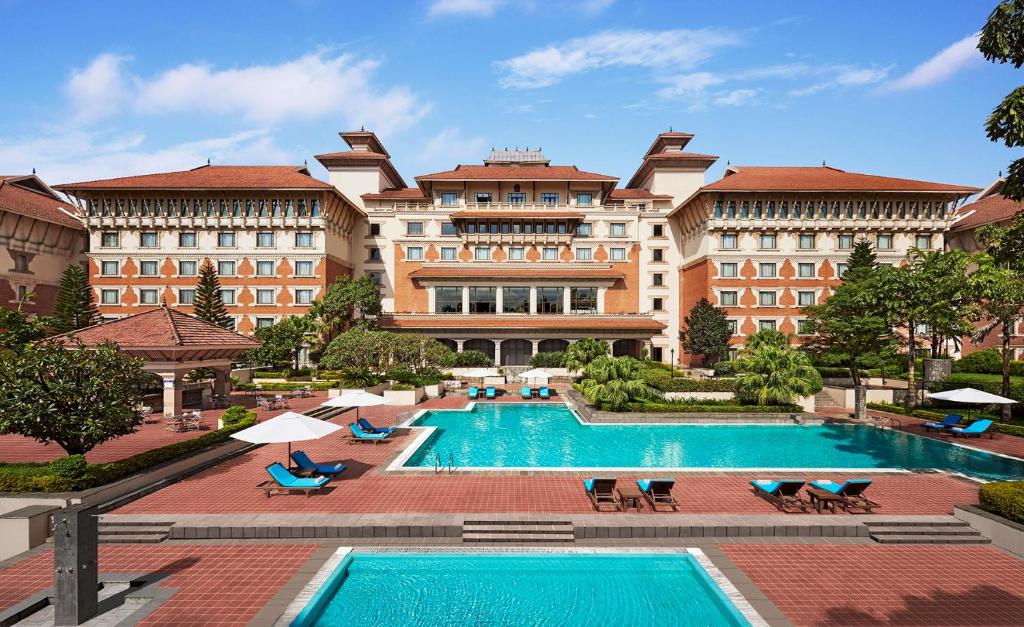



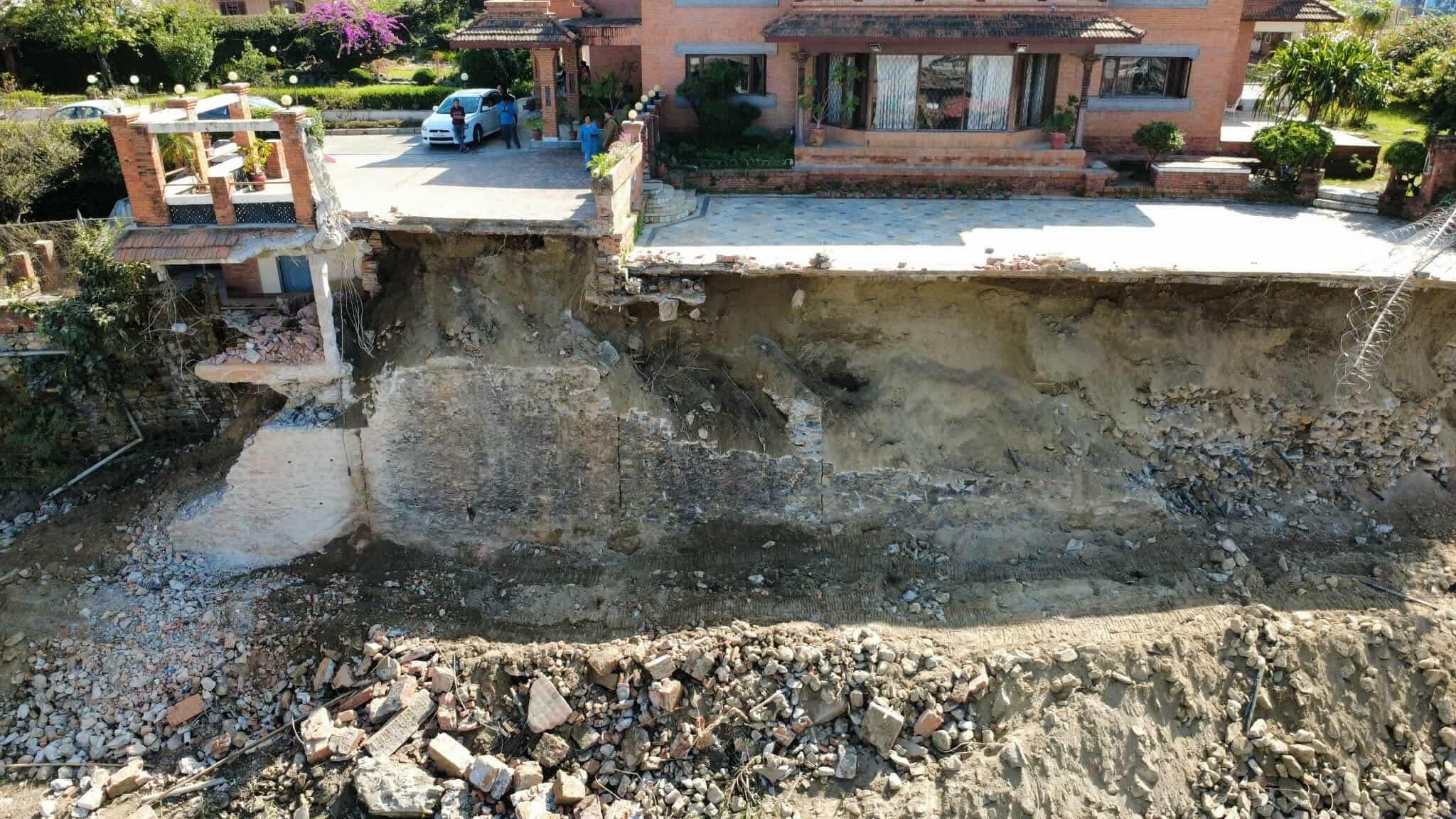
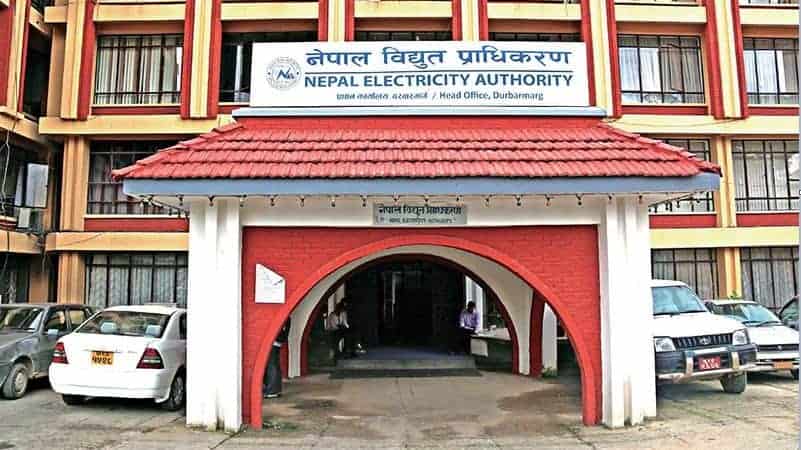


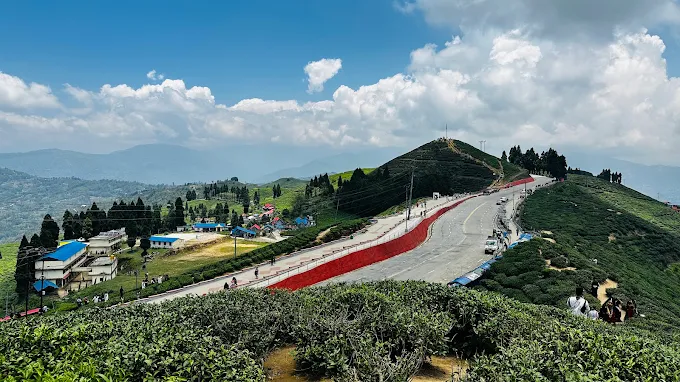
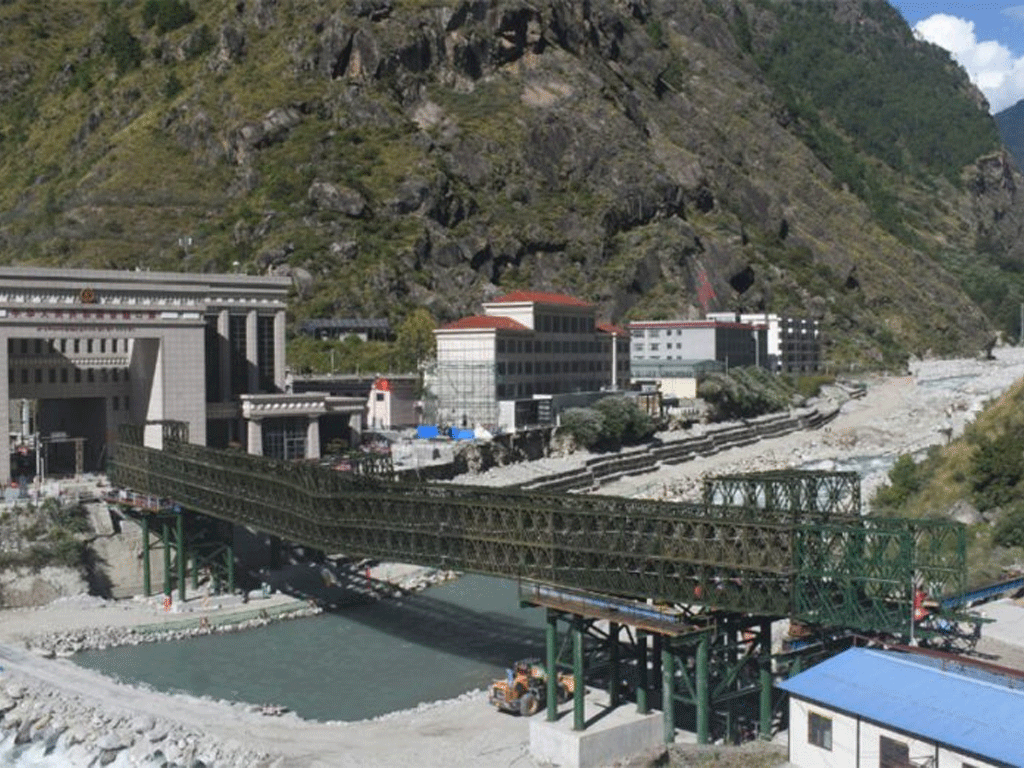


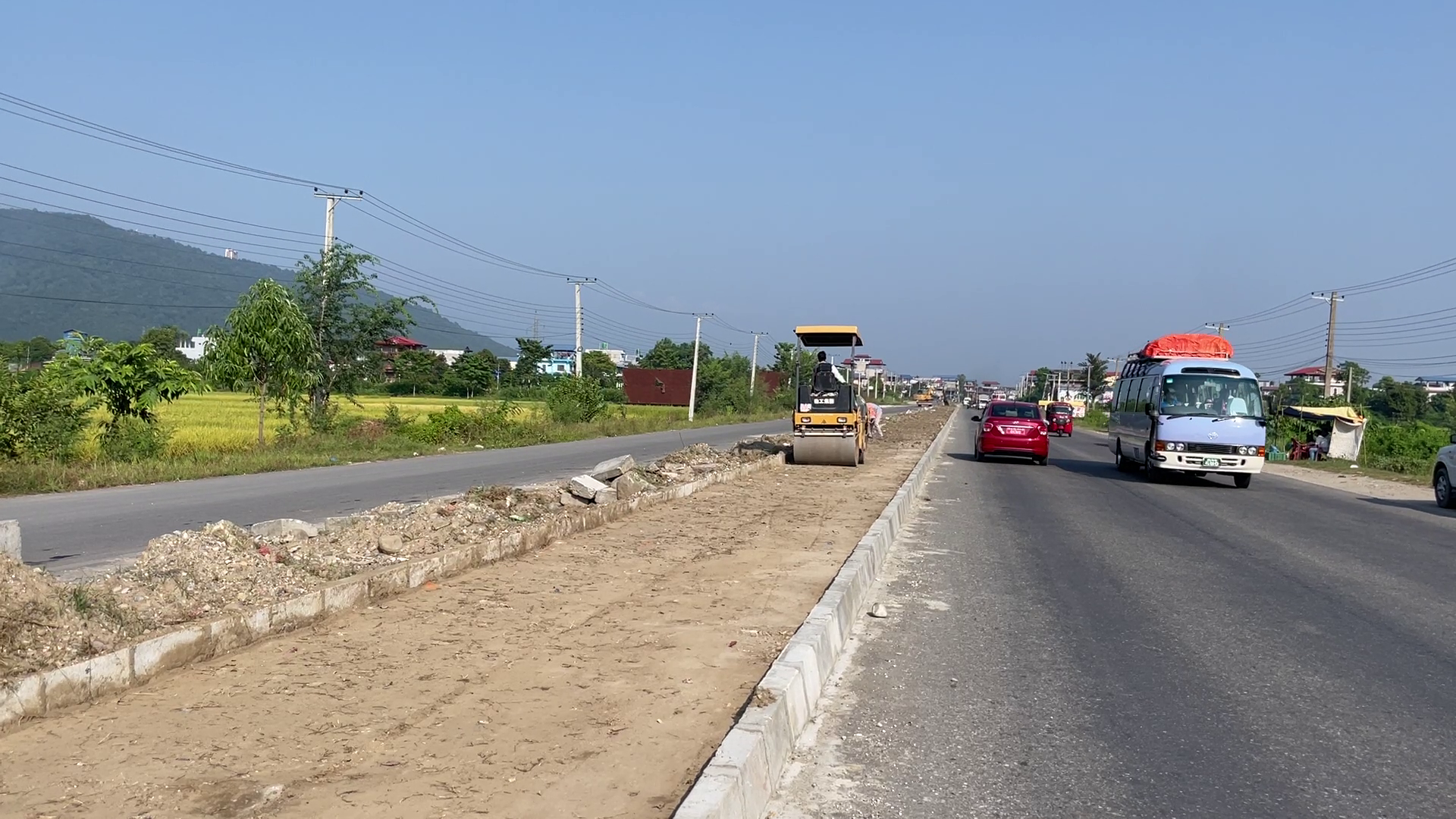
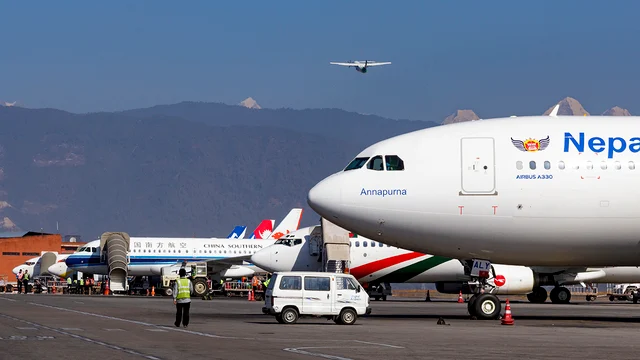
Comments:
Leave a Reply